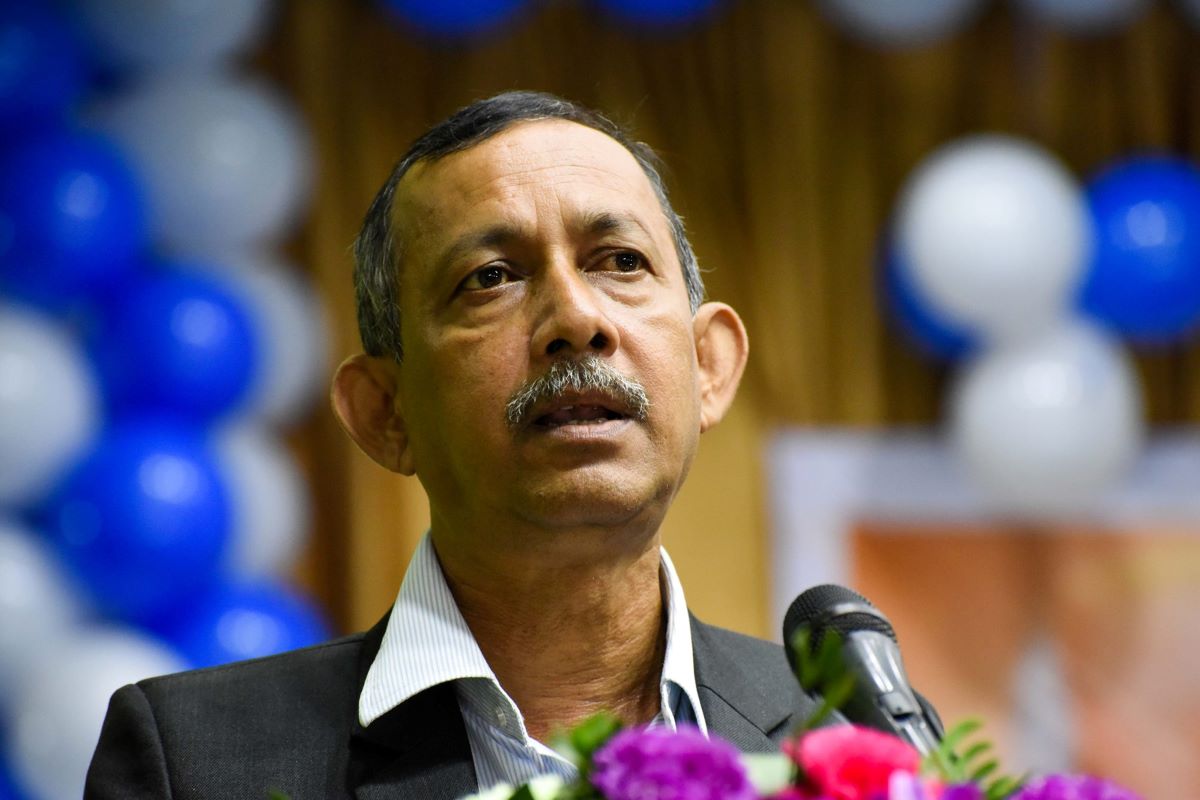The water provided by Siliguri Municipal Corporation (SMC) for drinking is entirely unfit for human consumption.
According to Siliguri mayor Goutam Deb, citizens are advised to refrain from drinking water until the Corporation issues further instructions.
Advertisement
The mayor, while speaking to the media, expressed regret for providing drinking water that is not suitable for people to drink.
“I apologize to the people of Siliguri,” said mayor Goutam Deb.
After receiving a laboratory test report of water samples collected by the public health engineering on 23 May, the SMC made a decision based on the findings from the Pollution Control Board.
The Siliguri mayor reported that the BOD (biochemical oxygen demand) levels in the water were below average, indicating a breakdown of organic material in the water.
It should be mentioned that numerous individuals experienced stomach issues after drinking the water provided by the SMC in the past two weeks. The issue was brought to attention when a significant number of patients had to urgently seek treatment at Siliguri Hospital and North Bengal Medical College and Hospital (NBMC&H) due to abdominal problems.
In response to the urgent repair of embankments damaged by a flash flood in Sikkim in October 2023, the Teesta Barrage Project authorities halted the supply of raw water from the Teesta. Consequently, the SMC was forced to limit the availability of drinking water.
The PHE, after consulting with the SMC, opted to continue providing drinking water from the Mahananda as a substitute for surface water.
The West Bengal Pollution Control Board’s report states that the Mahananda river in West Bengal is highly contaminated.
The PHE is responsible for providing drinking water from its treatment facility in Fulbari, near Siliguri in Jalpaiguri. This water is supplied to the SMC, NBMC&H, and some rural areas close to Uttarkanya, a branch secretariat.
The inhabitants of the area, who enjoy consuming water from Fulbari treatment facilities, were forced to discontinue collecting water due to experiencing stomach issues. As a result, they had to purchase bottled water sourced from underground reserves at the market.
On 9 May, the irrigation and waterways department made the decision to initiate repairs on the Teesta Barrage project’s embankments and other issues. It was also unanimously decided that the provision of untreated water would persist from 25 May. However, due to intense precipitation in the higher catchment areas, the officials were unable to finish the essential repairs within the given timeframe.
The Mayor expressed his hope that the department of irrigation and waterways would begin providing untreated surface water from the river Teesta starting on 2 June.
“The PHE has also gathered water samples from various locations for testing in a laboratory, and the results are currently pending. Due to an unsatisfactory BOD report, the SMC is advising people not to consume the water until further notice. However, it can still be used for other purposes,” Mr Deb added.
As per Mr Deb, the SMC will use newspapers and local TV channels to inform the public about the current state of affairs through published notices and broadcasts.
“In order to provide a substitute solution for drinking water, 26 water tanks will be utilized in a rotational manner across 47 wards within the Corporation area. In addition, the population will receive a daily supply of 100,000 new water pouches,” Mr Deb added.
Shankar Ghosh, the BJP MLA for Siliguri, expressed unhappiness over the Corporation’s actions and suggested that the mayor should have tested the water sample before distributing it to the public.
Currently, the people of Siliguri are experiencing a severe shortage of drinking water. The impoverished individuals are forced to gather water from various sources.











